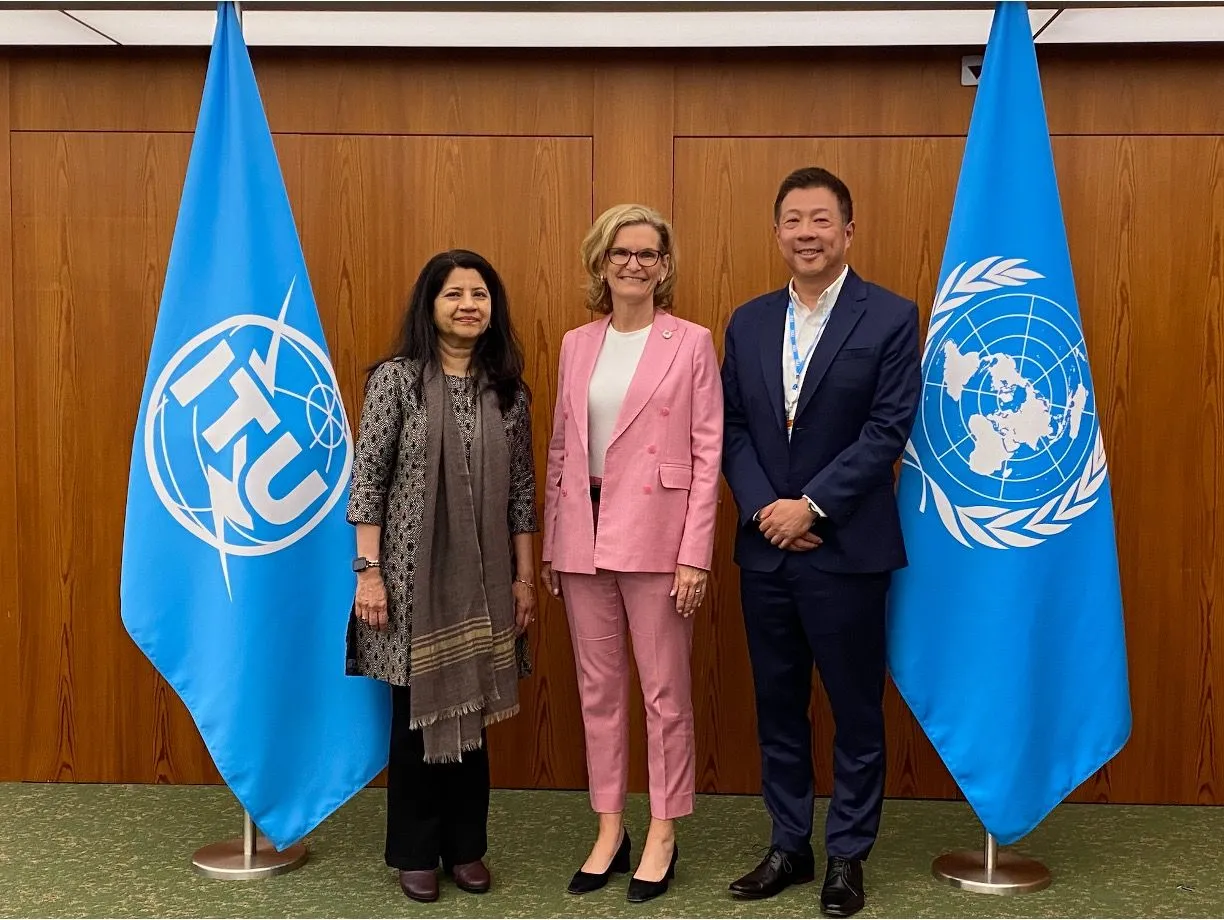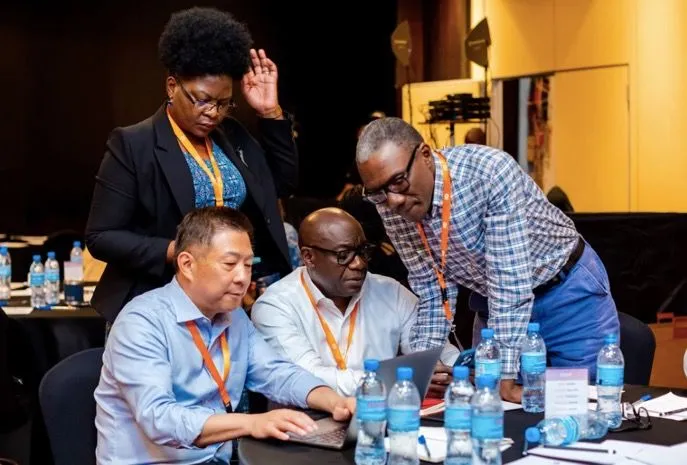Can you share more about your early years? What sparked your interest in technology and what shaped your journey?
“I was born in Taiwan. It was a unique place with a diverse culture and language, different cuisines, and different ways of thinking. I have always been interested in engineering. But the environment that I grew up in helped me to understand different people, different perspectives and how, with different cultures coming together, you can benefit each other.”
There’s a lot of talk about AI lately, including for social good. How do you define AI?
“AI is not a robot, a line of code, or a program. AI is a reflection of us. It’s like looking in a mirror and the reflection is the collective knowledge and experience of human beings over thousands of years. We’re leveraging computers to let this knowledge have a life of its own. So, AI is us. I never view AI as a third party.”
What excites you the most about how the humanitarian sector, including CARE, can tap into the power of AI?
“I believe education and health are the two areas that AI can really help humans. Education is my passion, and I fundamentally believe that education is the best way to enable people to be what they can be. With AI, you can tailor content based on your learning history, your culture, your interest areas… tailor an education program for each individual. For health, you can use AI to help doctors determine a diagnosis or operate with precision that a human being can usually not achieve.”
Is there a digital project at CARE that you’re most proud of?
“I’m most proud of and excited about the joint venture with Microsoft to analyze CARE’s humanitarian action survey. There were thousands, if not hundreds of thousands, of lines and comments and input. We put these survey results into an AI engine in the Microsoft Azure Cloud and it came back with findings, summaries, and recommendations in minutes. It’s so impactful pulling tens of thousands of information and turning it into a meaningful result so teams can take action.”


